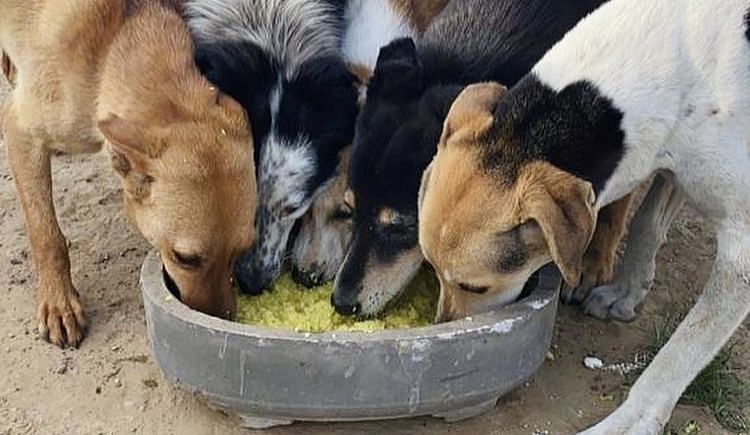By Muniratu Akweley Issah
Accra, Aug. 25, GNA-Dr Benita Anderson, the Deputy Director of Veterinary Services, has urged Ghanaians to be responsible and vaccinate their pets, particularly dogs, to ensure the safety of people.
Dr Anderson said the government was no longer funding free vaccination as was done in the past, therefore providing one’s own means of vaccination for their pets against rabies and other zoonotic animals was necessary.
She made the recommendation at the USAID Breakthrough ACTION Project close in Accra.
The Breakthrough ACTION Project is a four-year USAID-funded programme, undertaken by the Ghana Health Service and Veterinary Services, to implement social and behaviour change interventions, to enhance health behaviours that have a direct bearing on disease prevention and improved health outcomes within communities and in the larger population.
The Project aimed at strengthening Ghana’s capacity for risk communication of priority zoonotic diseases, which were transferrable from animals to humans.
Dr. Anderson expressed concern that despite the dangers that rabies infection posed to humans and animals, some dog owners had refused to vaccinate their pets, threatening lives in their communities.
“We want people to be responsible for animals because once you have decided to keep a pet or a dog, you need to keep them in a home, under a kennel or under a chain, feed it, attend to its health needs by ensuring that it is well dewormed and vaccinated,” she advised.
Dr Anderson stated that Accra was gradually becoming an open zoo, where stray animals were left roaming on the streets and could harm people

The Deputy Director of the Veterinary Services called for effective regulation and strict enforcement by the Metropolitan, Municipal and District Assembly by-laws to curb the menace and protect the citizenry.
She said the Breakthrough ACTION project in Ghana, started in March 2019 to provide National level capacity strengthening for government institutions and partners to effectively address considerable risk behaviour associated with Ghana’s six priority zoonotic diseases.
Zoonotic animals are warm-blooded animals that transmit diseases from animals to humans, and the priority illnesses in Ghana include anthrax, avian influenza, viral Haemorrhagic fever, Rabies, Trypanosomiasis and zoonotic Tuberculosis, she said.
The GHS and the Veterinary Service Directorate conducted several operational and formational studies to inform social and behavioural change interventions in public health.
Mr. Sylvester Segbeya, the Chief of the Party for the Breakthrough Action Project said the increasing outbreaks of emerging infectious diseases demanded that countries were well positioned to rapidly respond, mitigate spread and avert human and animal deaths.
He said “Increased awareness within our communities and understanding the need to mitigate risky behaviours associated with these public health threats remained key in all efforts to prevent the spread of infectious disease.
The Chief of the Party congratulated the Ghana Health Service, Veterinary Services, the media, partners, and community actors for their relentless efforts.
GNA